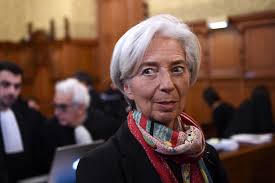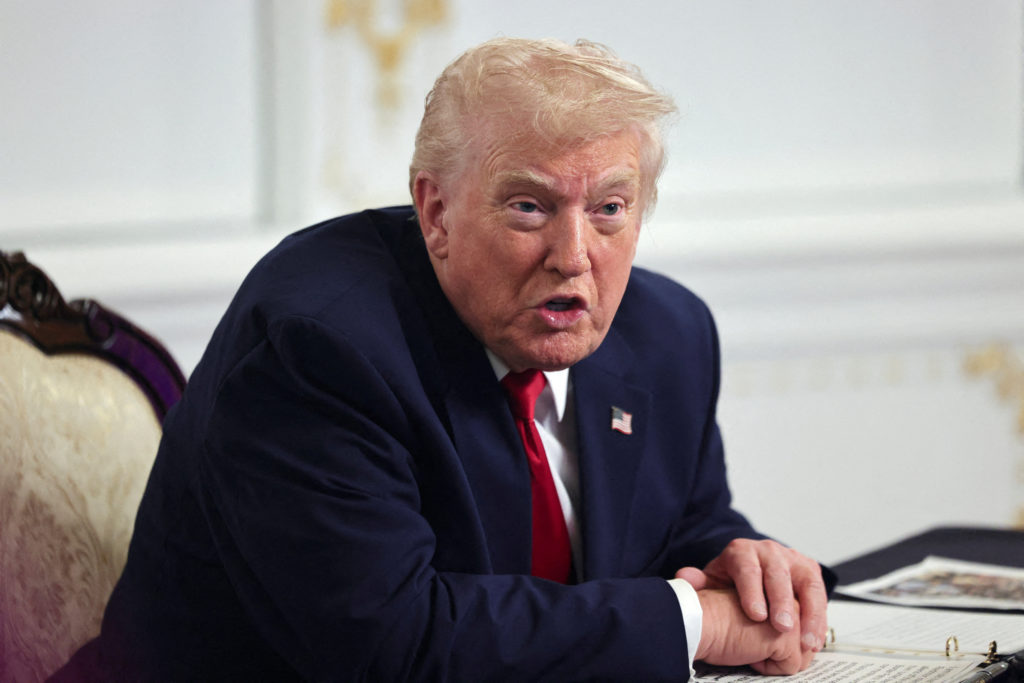Brewing trade war between China and the United States of America could have a larger consequences on the world, International Monetary Fund seems to indicate.
“If recently raised and threatened tariffs were to remain in place and announced tariffs were implemented, about three-quarters of a percent of global GDP could be lost by 2020,” Christine Largade, Managing Director, International Monetary Fund (IMF) said Sunday as she calls for decisive and collaborative action among Group of 20 (G20) leaders.
Lagarde, making the call at the end of the G-20 Summit held in Buenos Aires, Argentina, said: “Pressures on emerging markets have been rising and trade tensions have begun to have a negative impact, increasing downside risks. Choosing the right policy is therefore critical for individual economies, the global economy, and for people everywhere.”
“Another urgent issue is the excessive level of global debt—about $182 trillion by the IMF’s estimate. It is important, particularly for highly indebted emerging-market and low-income countries, to rebuild buffers and reverse procyclical fiscal policies. Increasing debt transparency, such as on the volumes and terms of loans, by borrowers as well as lenders,is as important as supporting debt sustainability.
Nigeria’s debt is said to be an equivalent of 24.8 percent of its GDP, contributing nearly half of emerging market and developing economies 50 percent.
Largade, who emphasized that “global growth remains strong, but that it is moderating and becoming more uneven,” advocated for reduction of trade restrictions in services by 15 percent, saying “global GDP could be higher by one-half of a percent. The choice is clear: there is an urgent need to de-escalate trade tensions, reverse recent tariff increases, and modernize the rules-based multilateral trade system.”
According to her, “the choice is especially stark regarding trade. We estimate that, if recently raised and threatened tariffs were to remain in place and announced tariffs were implemented, about three-quarters of a percent of global GDP could be lost by 2020. If, instead, trade restrictions in services were reduced by 15 percent, global GDP could be higher by one-half of a percent. The choice is clear: there is an urgent need to de-escalate trade tensions, reverse recent tariff increases, and modernize the rules-based multilateral trade system.
To meet the challenges facing the global economy, the IMF chief recommended that: First, fix trade—this is priority No. 1 to boost growth and jobs. Second, continue to normalize monetary policy in a well-communicated, gradual, data-driven manner—and with due regard to potential spillover effects.
“Third, address financial risks, using micro- and macro-prudential tools to tackle problems related to leveraged lending, deteriorating credit quality, and high exposure to foreign currency or foreign-owned debt.
“Fourth, use exchange rate flexibility to mitigate external pressures, avoiding tariffs and other policies that could weaken market confidence. Finally, eliminate legal obstacles to the participation of women in the economy. This is key to tackling high and persistent inequality, and would add to the growth potential of all G-20 countries.
























Leave a comment